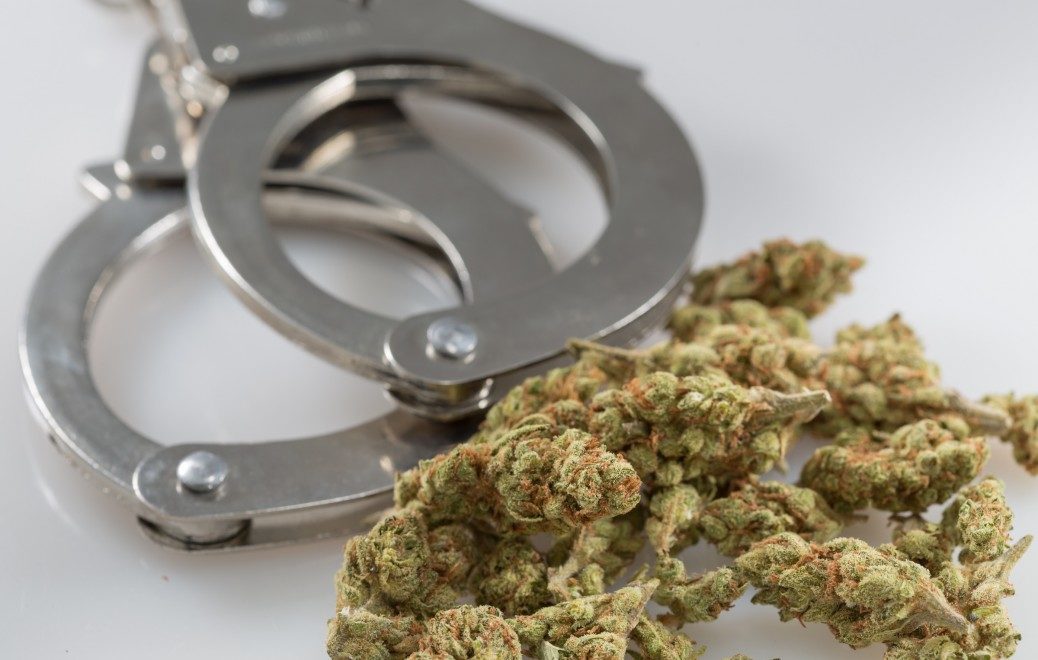The Virginia Cannabis Control Act outlines a detailed process that prioritizes social equity in order to provide underserved communities and smaller business owners a fair chance at capitalizing off Virginia’s newest budding industry.
The current iteration of the legislation is based off recommendations presented in JLARC’s 2020 cannabis study. In the study, JLARC cautioned the legislature about the potential inequities that may develop in the industry if the legislature did not include language that specifically addresses social equity and diversity. To this end, the Virginia legislature adopted several provisions outlined below to advance their social equity and diversity goals.
Cannabis Social Equity Support
First, the new law establishes a Cannabis Social Equity Liaison. The liaison leads the Cannabis Business Equity and Diversity Support Team to develop a diversity, equity, and inclusion (DEI) plan for the industry. This DEI plan will guide the Cannabis Control Authority as they administer licenses to applicants in hopes that the industry will represent the geographic and racial diversity contained within the Commonwealth of Virginia.
In addition to setting DEI requirements, the Equity and Diversity Support Team will analyze and mitigate potential barriers to entry for small, women-owned, minority-owned, and veteran-owned businesses interested in participating in the marijuana industry; provide assistance with business planning for potential licensees; spread awareness of business opportunities related to marijuana in areas disproportionately impacted by its criminalization; provide technical and administrative assistance for potential marijuana licensees; and conduct outreach initiatives in areas disproportionately impacted by marijuana criminalization.
Cannabis Social Equity Applicants
With such a limited license pool, the law anticipates fierce competition for licenses that will deplete the financial and logistical capabilities of most applicants. In an effort to allow as many people as possible from all backgrounds to apply for licenses, the law carves out a preference for a diverse group of candidates who have been negatively impacted by marijuana criminalization.
“Social Equity Applicants” must live in Virginia for at least 12 months and are applying for a business with at least 66% ownership by a person or persons:
- Who have been convicted of a misdemeanor violation related to marijuana;
- Whose close family member has been convicted of a misdemeanor violation related to marijuana;
- Who have resided for three of the last five years in an area that has been disproportionately policed for marijuana crimes;
- Who have resided for three of the last five years in an area that is economically distressed; or
- Who graduated from an HBCU located in Virginia.
While “close family member” is clearly defined in the legislation as parents, siblings, children, or spouses, terms such as “disproportionately policed” and “economically distressed” go undefined. It will be the responsibility of the Board of the Cannabis Control Authority to determine exactly what that means. The Cannabis Control Authority will also decide how many social equity licenses they will administer in each category.
Cannabis Equity Funding
Understanding that many individuals who qualify as a social equity applicant may not have the capital to start and maintain a cannabis business, the Virginia Cannabis Control Act establishes an Equity Business Loan Fund and Program. Through the Equity Business Loan Fund, qualified social equity cannabis licensees will receive low-to-zero-interest loans to help them start and sustain their cannabis businesses.
Additionally, the Authority will partner with a community development funding institution (CDFI) who will provide capital for social equity applicants interested in a cannabis license. The criteria for a participating CDFI includes a statewide presence, experience in business lending, previous work with disadvantaged communities, and the ability to dedicate staff to the program.
We’re Here to Help
Those interested in applying as a social equity applicant need experienced professionals to help them through the regulatory and licensure process. That’s where we come in. If you are interested in learning more, contact us or visit our website at www.gentrylocke.consulting/cannabis.

